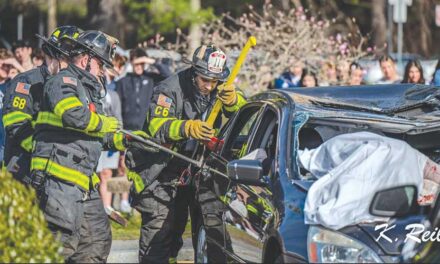Published in the April 26, 2017 edition
LYNNFIELD — Public health law in Massachusetts requires owners of all dogs and cats to have current rabies vaccinations. In addition, pet owners are required to provide a valid rabies certificate as proof.
The annual rabies clinic for dogs and cats will be held Wednesday, May 3 from 4-6 p.m. at the Lynnfield Town Garage.
The Veterinary Association of the North Shore, a non-profit organization, sponsors these clinics, member doctors volunteer the time, and proceeds go towards veterinary student scholarships. Christopher B. Meehl DVM, is a member of the association and will be among the participating doctors.
The cost is $10 per vaccine (dogs and cats only). One-year certificates will be given unless you bring proof of vaccinations done according to the state law. Please bring any and all rabies certificates you possess to the clinic so we can determine if your pet can receive a three-year certificate.
The current guidelines for rabies vaccinations are as follows:
The first rabies shot is given at 3 to 6 months of age (ideally at 3 to 4 months of age); the second rabies vaccine must be given exactly 9 to 12 months later to receive a three-year rabies vaccination. In order to have a valid three-year rabies vaccination for your dog or cat you must have proof of two vaccinations exactly 9 to 12 months apart and your certificate must have a valid date.
If your pet has not been vaccinated, according to these regulations, or if your pet is one day or more overdue for its rabies booster, your pet is considered unvaccinated. Unvaccinated animals exposed (or potentially exposed) to any suspect animal will need to be quarantined for six months or put to sleep, according to state guidelines.
If you have been bitten, scratched or otherwise exposed to a potentially rabid animal, which includes any wild animal or stray cat or dog, call your doctor right away. The Massachusetts Department of Public Health is available to answer questions about rabies in humans (617-983-6800). The Department of Food and Agriculture’s Bureau of Animal Health is available to answer questions about rabies in animals (617-626-1794).
“Rabies is 100 percent preventable, but also 100 percent fatal if not prevented or treated,” stated Dr. Meehl.




